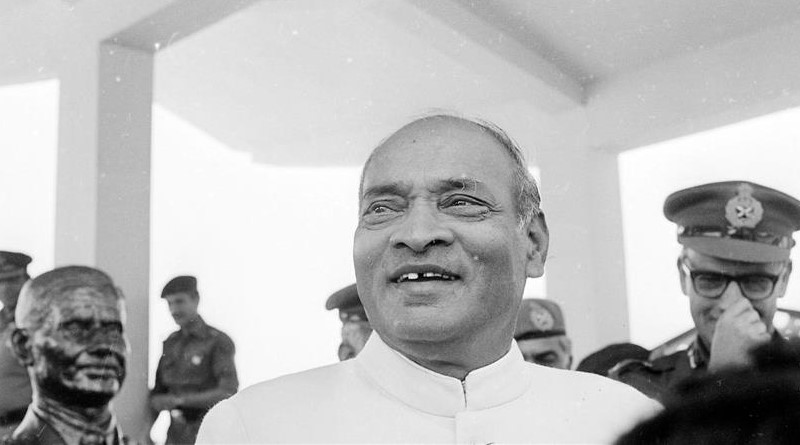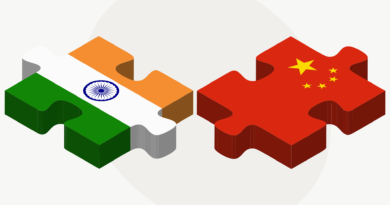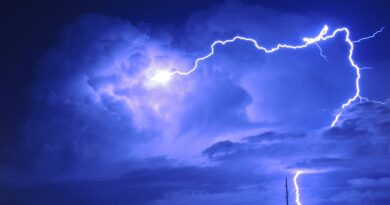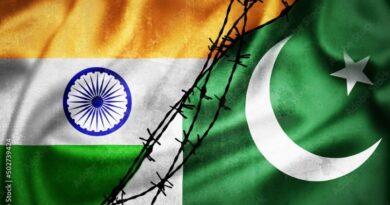Shamelessly forgotten
P.V. Narasimha Rao has been the most consequential Prime Minister India has seen in modern times. The glory achieved by latter PMs like Atal Bihari Vajpayee and currently Narendra Modi. In addition, Rao was a scholar and a statesman with impeccable integrity who displayed utmost honesty while other leaders around him were mired in corruption and nepotism. He did not promote his family and neither was a cult leader. Perhaps that is why he is also the least recognized PM.
Rao became the ninth PM of India with a coalition government. Labelled by Manmohan Singh as true father of economic reforms in India, Rao was the main force behind a major shift in paradigm of India’s economic policy – from the industrializing and protectionist model of Jawaharlal Nehru’s to a market driven economic model. With Manmohan Singh as his Finance Minister, Rao provided the mandate needed for India’s globalization. These economic reforms were instrumental in saving India from almost certain bankruptcy and economic collapse. He successors, Atal Bihari Vajpayee and Manmohan Singh continued those policies. It is the fruition of those policies on which the current PM Narendra Modi is riding high.
Rao was also a true stateman who kept the nation as his highest priority. In 1996 he asked A.P.J. Abdul Kalam, the then Chief Scientific Advisor to the PM & later President of India, to get ready for a nuclear test. However, upon dismal election results for the Indian National Congress, Rao decided not to carry out the tests but hand them over to the next Prime Minister of India. Rao could have conducted the tests and gotten the glory for putting India on the elite list of atomic powers, he did not think it morally right. He believed that his party had lost the mandate and such an important and historic activity should be undertaken by the next Government. He handed over the keys to the nuclear program to the new PM, Atal Bihari Vajpayee saying that all ducks for the test were in a row and all the new PM had to do was give the order for the test. We all know what happened after that India successfully conducted nuclear tests in 1998 and became a nuclear power.
Rao was the “true father” of India’s nuclear programme. Vajpayee said that, in May 1996, a few days after he had succeeded Rao as prime minister, “Rao told me that the bomb was ready. I only exploded it.”
“Saamagri tayyar hai,” Rao had said. (“The ingredients are ready.”) “You can go ahead.” The conventional narrative at the time was that prime minister Rao had wanted to test nuclear weapons in December 1995. The Americans had caught on, and Rao had dithered – as was his wont. Three years later, prime minister Atal Bihari Vajpayee fulfilled his party’s campaign promise by ordering five nuclear tests below the shimmering sands of Rajasthan.
Rao was also a scholar and had a lot of interests including linguistics. He spoke 17 languages and loved to read literature. Hailing from South India, Rao was the first PM outside of the Nehru-Gandhi dynasty to complete a 5 year term as India’s PM. A true statesman, keeping nation first, he appointed the most capable folks no matter what party affiliation they had. Manmohan Singh was appointed as Finance Minister who was a non-political economist. Later Singh went on the become India’s PM. Subramanian Swamy of the Janata party was appointed chairman of the Commission on Labor Standards and International Trade. This has been the only instance that an opposition party member was given a Cabinet rank post by the ruling party. Leader of the opposition Vajpayee was asked to represent India in the UN at a summit in Geneva, Switzerland.
It is such a shame that neither the country nor the Indian National Congress gives Rao the place in history he deserves. He died in December 2004. The Congress Party did not allow him to be cremated in New Delhi but had his remains moved to Hyderabad where the last rites were performed. His funeral was attended by the PM of India along with several dignitaries. 10 years after his death, P. V. Narasimha Rao was accorded a memorial in Delhi at Ekta Sthal, which is now integrated with Rashtriya Smriti, a common place for erecting memorials for former Presidents & Prime Ministers.
He came at a time of financial crises, insurgencies in the North and a nation in peril. The Indian National Congress seems to have ignored his greatness and never acknowledged his leadership ability to steer India through the rough economic crises that could have crippled the country for decades to come. He did get the blame for his judgement on the Ayodhya issue which is still debatable.
It’s high time that history gave him his rightful place.




